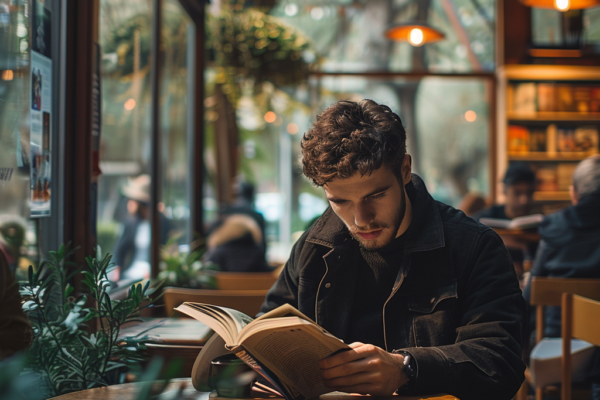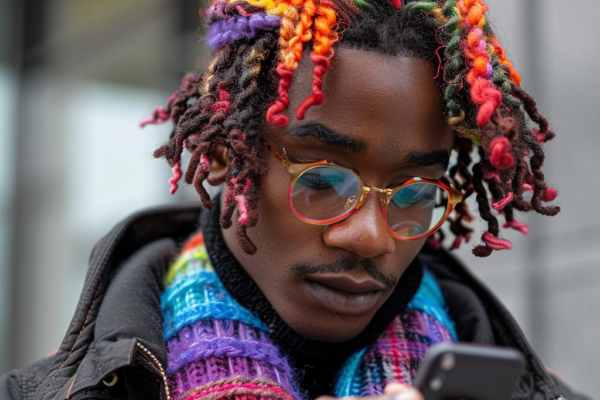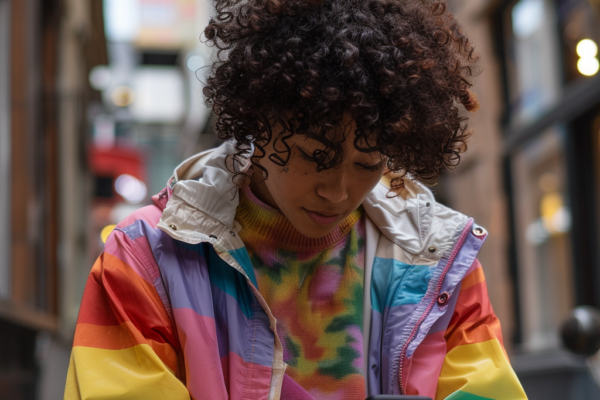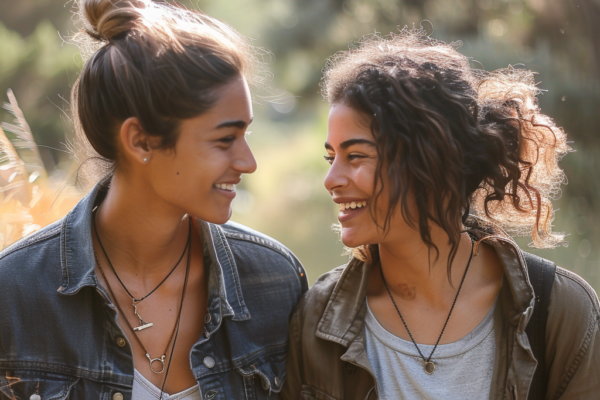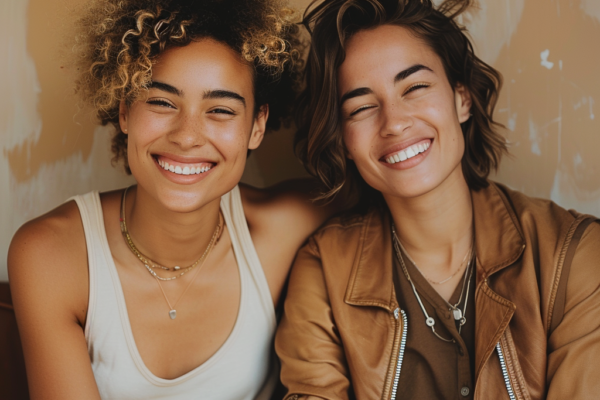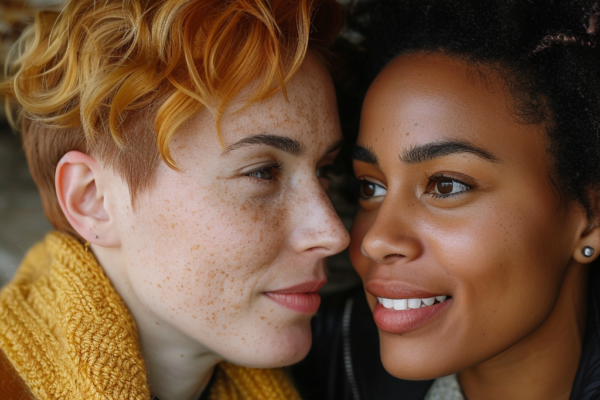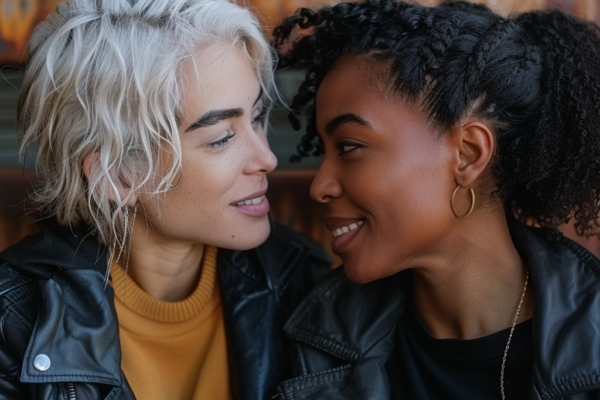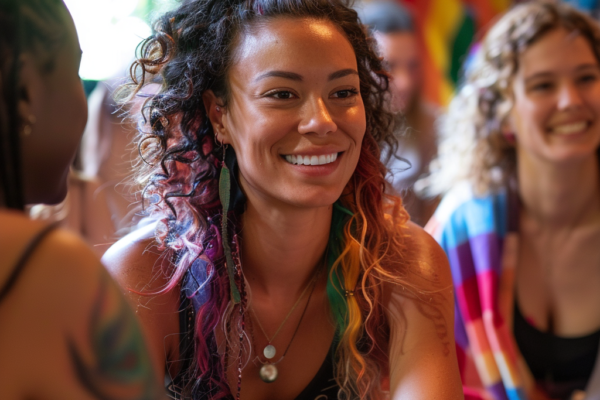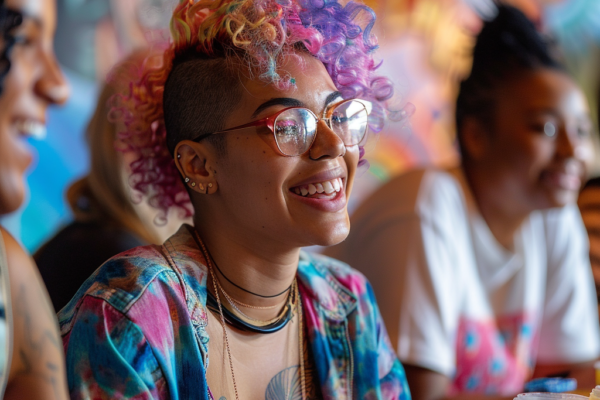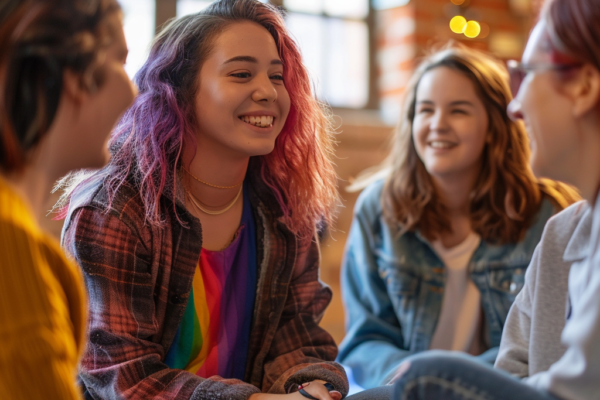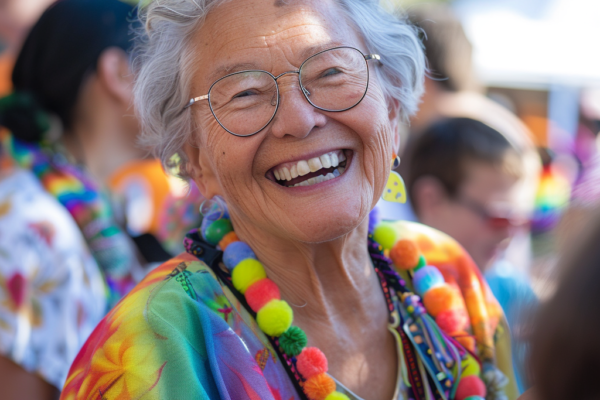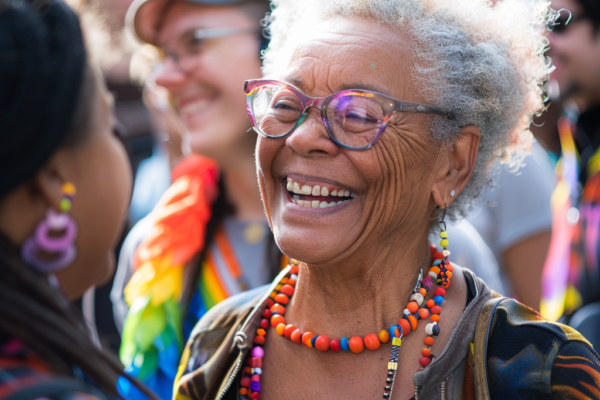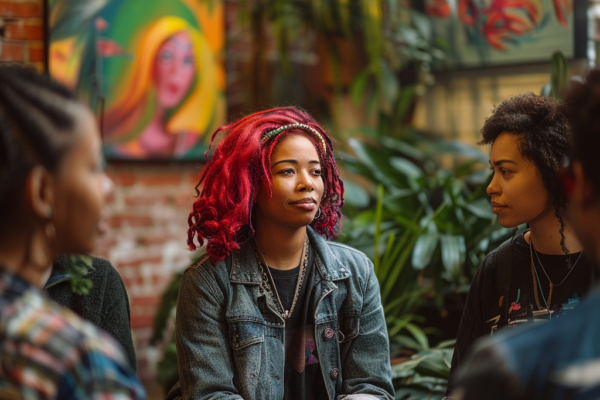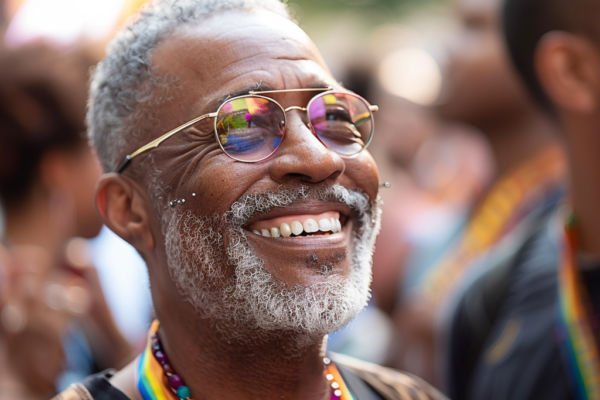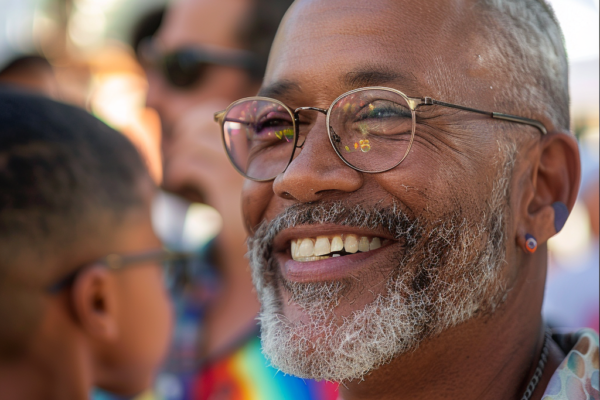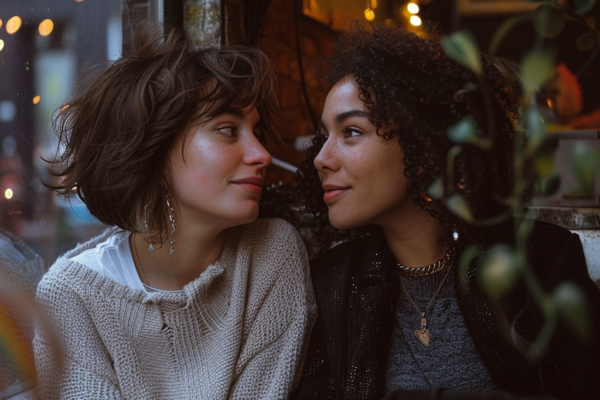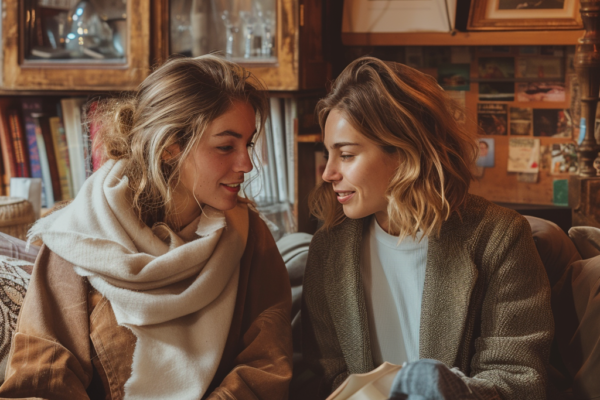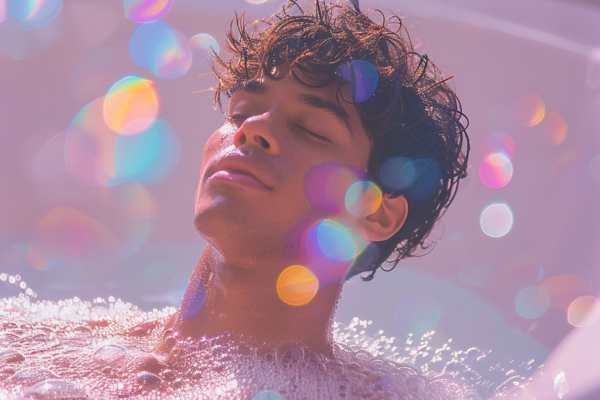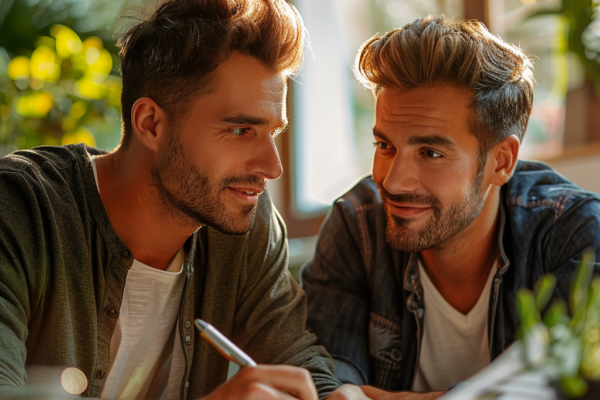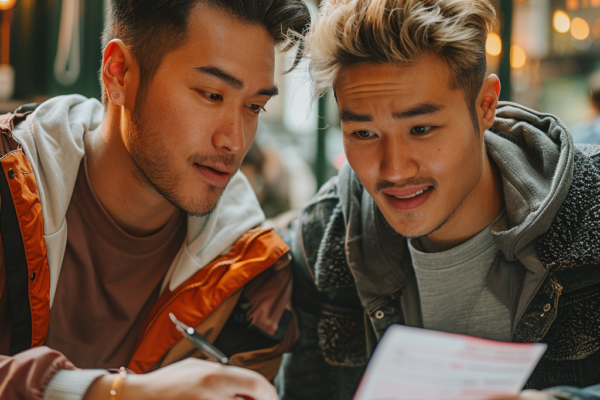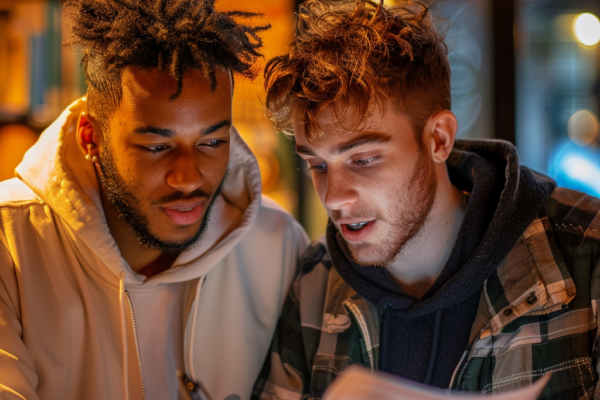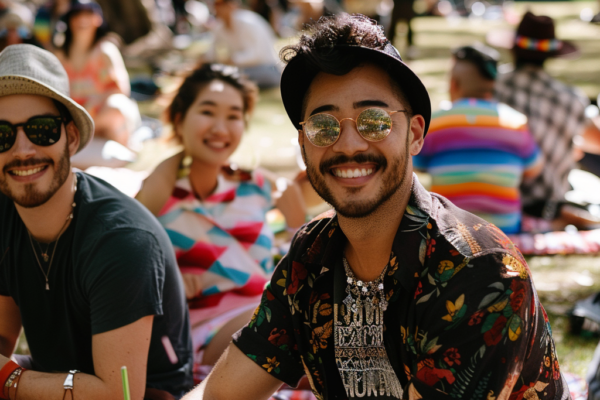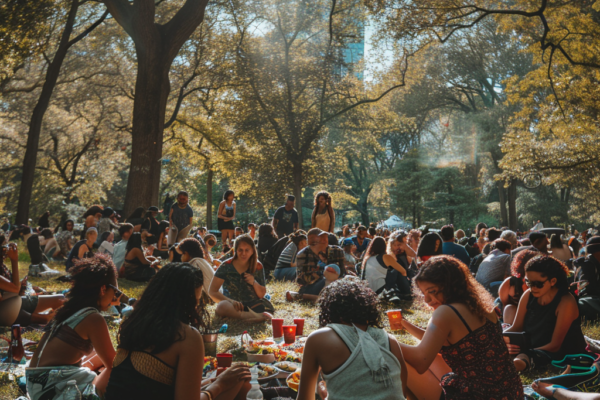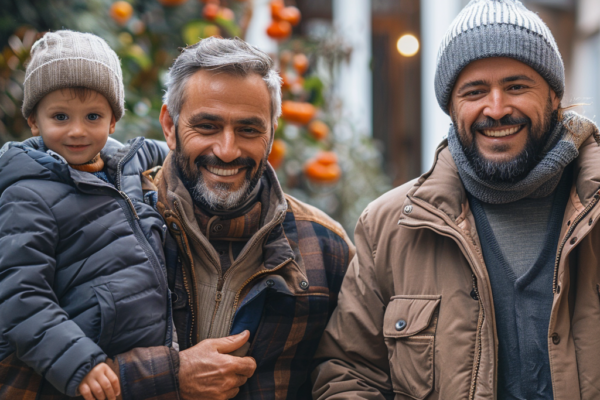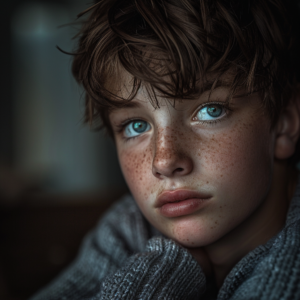
Hey there! I want to share a bit of my story with you. Growing up, I often felt like I was living in two worlds. By day, I was part of the straight world—school, work, social settings—where I didn’t quite fit in. By night, I was on a mission, searching for glimpses of people like me—LGBTQ+ folks who were thriving in their personal and romantic lives. It wasn’t easy, and for a long time, I felt pretty lost. This quest wasn’t just about finding companionship; it was a lifeline.
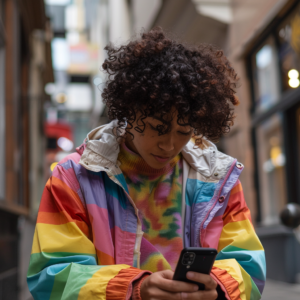
Finding LGBTQ+ role models is crucial, especially if you’re newly single, recently divorced, or just starting to explore dating. Role models show us what healthy relationships look like and remind us that we deserve love and respect. They prove that it’s possible to build strong, fulfilling partnerships despite the challenges we might face.

When I first came out, I felt incredibly isolated. Most of the relationships around me were straight, and I had no idea what a healthy LGBTQ+ relationship looked like. Then, I stumbled upon a couple on social media who changed everything. They were open about their love, their struggles, and their joys. Seeing them thrive gave me hope and direction.
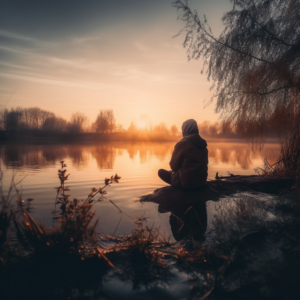
To find role models like this, I started following LGBTQ+ influencers and activists who were vocal and visible about their relationships and experiences. Laverne Cox, Elliot Page, and RuPaul were just a few of the names I came across. I also joined LGBTQ+ support groups and communities, both online and offline, where I could connect with others who were on similar journeys. Reddit, Facebook groups, and local community centers became my go-to places. And I sought out positive media representations—books like “Red, White & Royal Blue” by Casey McQuiston, movies like “Love, Simon,” and TV shows like “Pose” provided rich, diverse portrayals of LGBTQ+ relationships.
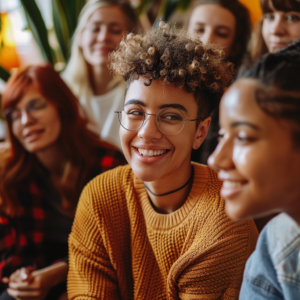
I remember dating Randy, a wonderful person of color who also identified as non-binary. Our relationship opened my eyes to the layers of discrimination and challenges that come with intersecting identities. Randy faced racism and transphobia daily, and it deeply affected our relationship dynamics. I had to learn to listen, support, and advocate for Randy in ways I had never considered before. It was a learning experience, and it made me a better partner.
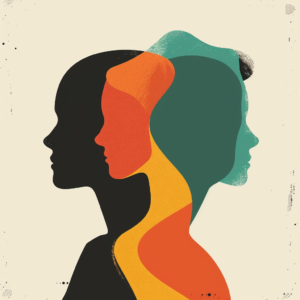
Supporting a marginalized partner involves being an empathetic and active listener, educating yourself about the specific issues they face, and advocating for their inclusion in your shared communities. Books like “So You Want to Talk About Race” by Ijeoma Oluo and “Sister Outsider” by Audre Lorde, and websites like The Trevor Project and Human Rights Campaign were invaluable resources for me.
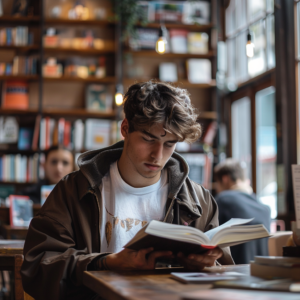
In one of my past relationships, I remember a particularly tough conversation about boundaries. We were both nervous, but we knew it was necessary. By creating a safe space for dialogue, using “I” statements, and regularly checking in with each other, we managed to build a foundation of trust and mutual respect. Discussing boundaries and consent is vital for maintaining a healthy relationship. It ensures that both partners feel respected and valued, and it helps prevent misunderstandings and conflicts.

Let me tell you about Dave. He was a colleague of mine who faced relentless discrimination at work because of his sexuality. A co-worker even tried to get him fired, filing complaints with HR and Administration, and making threats. It was a devastating period for Dave, but he didn’t give up. He surrounded himself with supportive friends, engaged in self-care, and sought professional help. Over time, he not only survived but thrived, continuing to work there for several more years. Discrimination can severely impact self-esteem and mental health. It’s a painful experience that can leave lasting scars, making it difficult to rebuild self-worth.

To rebuild self-worth, surround yourself with supportive friends and allies, engage in self-care practices that nurture your mental and physical health, and seek professional help if needed. Activities like meditation, exercise, journaling, and hobbies can be very helpful. There are also LGBTQ+- friendly therapists and mental health apps like Headspace, and support groups that can provide additional support.

When I first started dating seriously, I wasn’t sure what commitment model suited me best. I explored polyamory, open relationships, and monogamy. At first, polyamory seemed exciting and offered a lot of freedom, but it just didn’t fit who I am. I realized that I value deep, one-on-one connections and the stability that monogamy brings. Through reflection and honest communication with my partners, I found that monogamy resonated most with my values and needs.
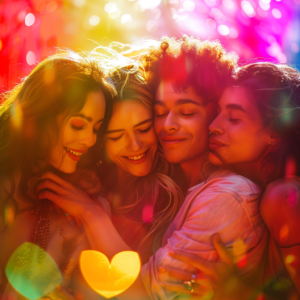
Deciding on a commitment model involves reflecting on your personal values, needs, and expectations. It’s essential to communicate openly with your partner(s) and be open to adjustments as your relationship evolves. To make a decision, think about what you want from a relationship and what makes you feel secure and fulfilled. Discuss your thoughts and feelings with your partner(s) to ensure mutual understanding. Be flexible and willing to reassess your commitment model as needed. It’s a journey, and what works best can change over time.
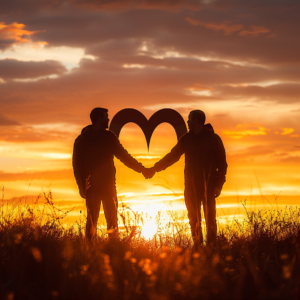
Navigating relationships as an LGBTQ+ person can be challenging, but it’s also incredibly rewarding. By finding role models, understanding the unique challenges we face, and building strong communication and self-care practices, we can create healthy, fulfilling partnerships. Remember, you are not alone on this journey. Reach out to your community, seek support, and never stop believing in your worth.
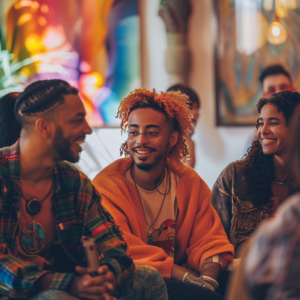
Oh, and I can’t forget about those of us who are older and just stepping into the LGBTQ+ dating scene for the first time. This can be a daunting experience, especially in a community that often feels very visual and loud. I’ve met people who spent their whole lives in straight relationships, only to come out later in life. Suddenly, they’re navigating a whole new world of dating, where everything feels unfamiliar and overwhelming.

For older first-time daters, it’s important to find spaces where you feel comfortable and accepted. LGBTQ+ community centers and support groups can be a great place to start. You’re not alone in feeling out of place; there are many others going through similar experiences. Be patient with yourself and take things at your own pace. It’s okay to feel nervous and uncertain—it’s all part of the journey.
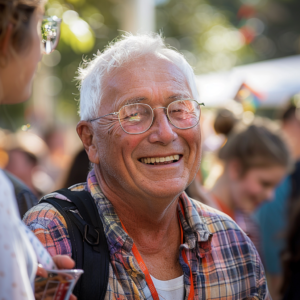
I invite you to share your stories and ask questions in the comments below. Let’s foster a sense of community and support each other in our journeys toward love and self-acceptance.
